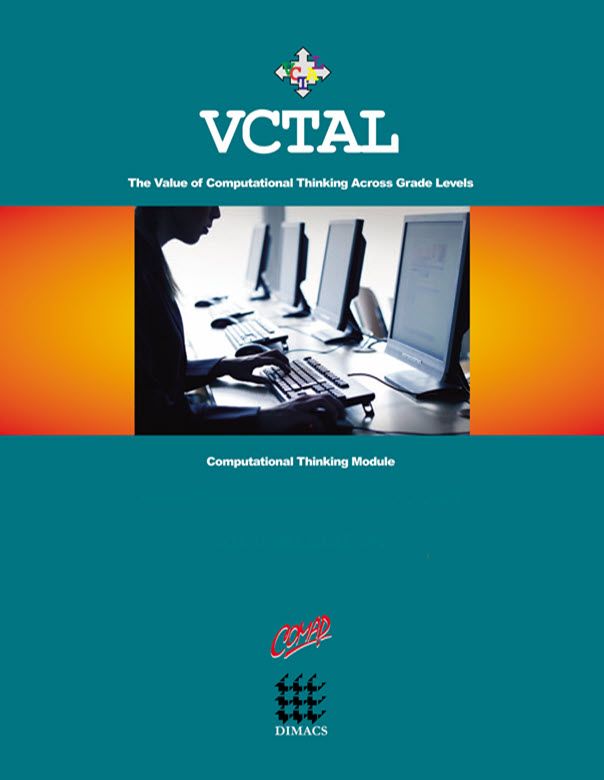Tomography: A Geometric and Computational Approach (Teacher)
Author: Margaret Cozzens and Katrina Palmer
What Is Computational Thinking?
Computational thinking is a high-level thought process that considers the world in computational terms. It begins with learning to see opportunities to compute something, and it develops to include such considerations as computational complexity; utility of approximate solutions; computational resource implications of different algorithms; selection of appropriate data structures; and ease of coding, maintaining, and using the resulting program. Computational thinking is applicable across disciplinary domains because it takes place at a level of abstraction where similarities and differences can be seen in terms of the computational strategies available. A person skilled in computational thinking is able to harness the power of computing to gain insights. At its best, computational thinking is multidisciplinary and cross-disciplinary thinking with an emphasis on the benefits of computational strategies to augment human insights. Computational thinking is a way of looking at the world in terms of how information can be generated, related, analyzed, represented, and shared.
Introduction to the Module
The purpose of this module is to provide a general background on computed tomography (CT) and study how CT-scan images are created, using three-dimensional (3-D) reconstruction of objects using two-dimensional (2-D) pieces (slices) of the object. Currently, CT scans are used in medical imaging, archeology, food safety, structural integrity, virtual autopsies, and many other applications.
The main questions of the module are:
How can 3-D images be created from 2-D images (pieces) of the object?
How much computational power and what computational thinking skills are required to do these reconstructions, and what does this reconstruction depend on?

Mathematics Topics:
Application Areas:
Prerequisites:
You must have a Free Educator Membership or a paid Full Membership to download this resource.
If you're already a member, login here.